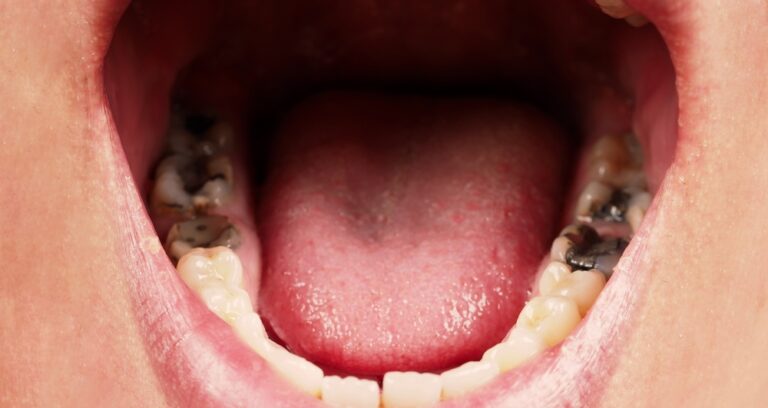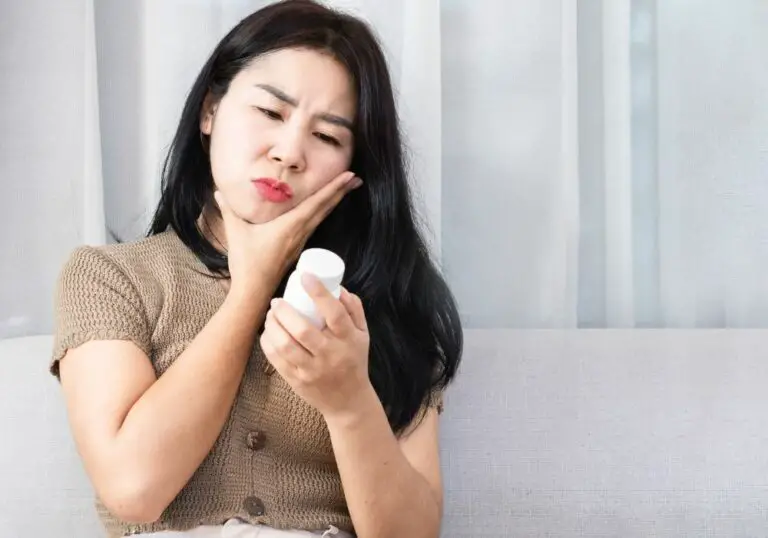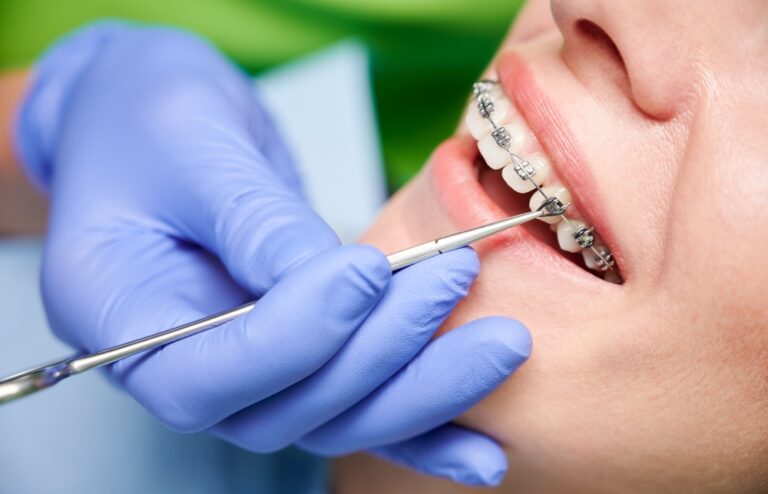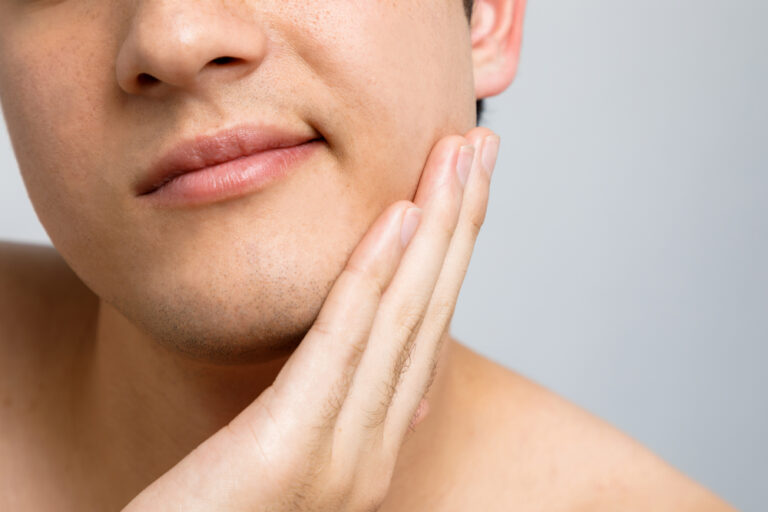It’s late at night and you’re getting ready for bed. As soon as your head hits the pillow, you notice a strange sensation in your teeth. It’s not quite pain, but there’s a definite feeling of discomfort or pressure. Has this ever happened to you?
You’re not alone. Many people experience odd or uncomfortable feelings in their teeth when they lie down to sleep or relax. While it can be disconcerting, there are a number of reasons why your tooth may feel weird when reclining.
Examining the potential causes
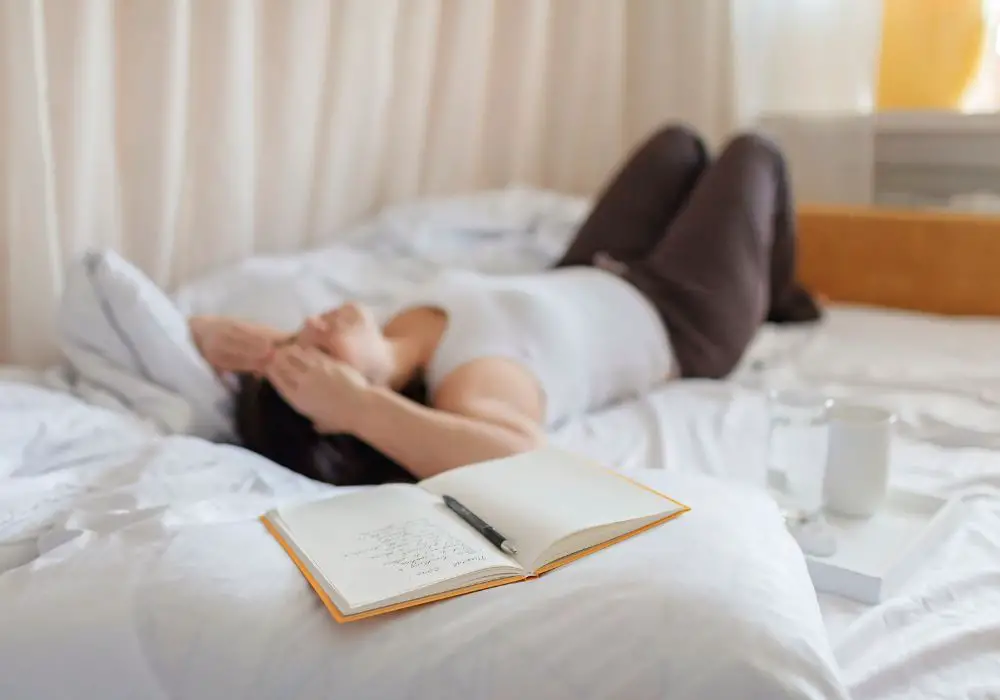
There are several possible explanations for these strange dental sensations upon lying down:
Blood flow changes
One of the most common reasons is shifts in blood circulation. When you stand or sit upright, blood flows downwards towards your legs and feet due to the effects of gravity. The blood moves more sluggishly in your upper body. However, when you lie down, blood starts circulating evenly throughout the body rather than pooling downwards.
This change in circulation as you recline can cause sensations in the teeth and mouth for some people. The upper teeth, in particular, may feel this change more intensely than lower teeth. One theory is that the sluggish blood flow is suddenly increased to the maxillary arteries supplying the upper jaw when horizontal. It takes a little while for the circulation to stabilize.
Sinus and nasal congestion
Your sinuses – air-filled pockets behind your cheeks, forehead and eyes – can also be responsible for odd dental sensations when lying down. When you have a stuffy nose or sinus congestion, this builds up pressure in the sinus cavities located just above your upper teeth.
As you lie down, this extra pressure and fullness in the sinuses can intensify and put more strain on nearby teeth. The sensations tend to be dull, throbbing discomfort. Upper back teeth often feel it the most. This is why toothaches sometimes accompany sinus infections or colds involving congestion.
Impact on nerves
The nerves within teeth can also play a role in reclining discomfort. Temperature changes inside your mouth when you lie down can cause dental nerve irritation in some individuals.
Normally, your mouth remains around 98 degrees Fahrenheit. But breathing through your mouth when horizontal means cooler air circulates over the teeth, making some nerves hypersensitive. The temperature difference is more pronounced if you had a hot drink before bed. Thermal sensitivity varies between people, but can make teeth feel unusual when you lie down.
Jaw and bite issues
Problems with your jaw joint and bite alignment can also contribute to odd, often painful sensations in the teeth when reclining:
- Bruxism: Grinding or clenching your teeth, especially during sleep, puts a lot of pressure on the jaws and teeth. This can make them feel uncomfortable and strange when settling down in bed. The symptoms are usually worse in the morning due to a full night of subconscious grinding.
- High dental crowns or fillings: If a crown or filling is higher or thicker than your natural tooth anatomy, it can change your normal bite contact. Lying down and the shift in pressure on these restorations makes the unevenness more noticeable.
- Jaw joint disorders: Issues like temporomandibular joint dysfunction (TMD) or arthritis in the jaw joints themselves can flare up when you lie down. Muscle spasms and joint stiffness intensify these conditions.
- Trauma: Prior injury to the teeth or jaw can make them feel aggravated when you recline. The change in position alters tension on damaged areas.
Pinpointing the timing and location
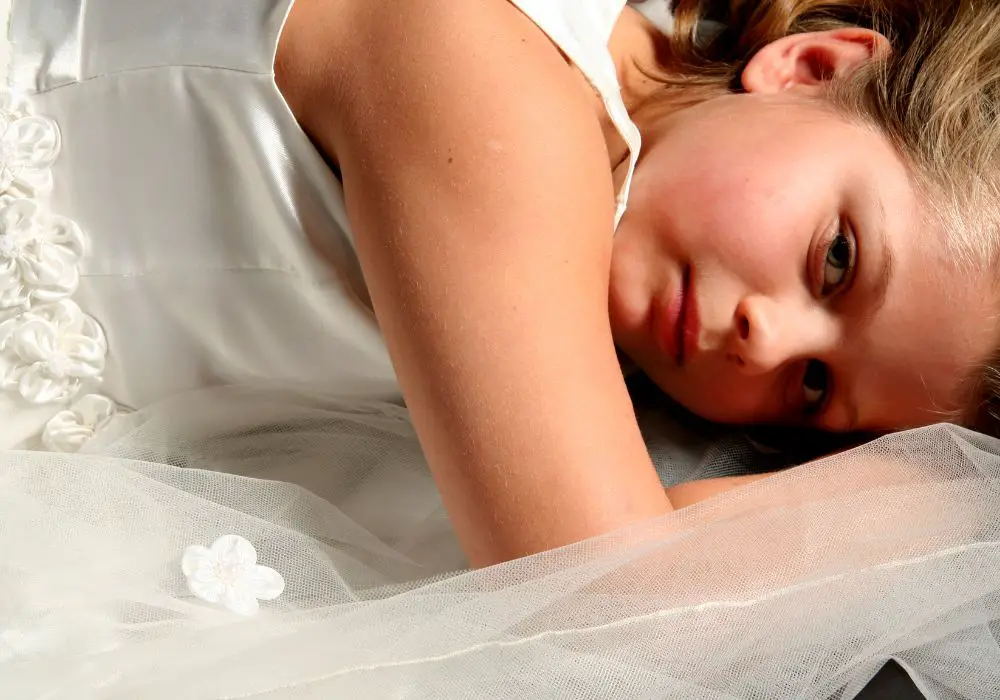
Identifying when the odd feelings hit and which teeth are involved can provide clues into the cause:
When does it happen?
- As soon as your head touches the pillow
- After lying down for 15+ minutes
- Only when waking up from sleeping
- Intermittently while lying down
- When you shift positions in bed
Which teeth are affected?
- Isolated to one or two teeth only
- Generalized across several upper and lower teeth
- Mainly in upper arch, especially back teeth
- Focused on front incisors and canines
- Worst in teeth with dental work like fillings, crowns
For instance, sinus-related discomfort is more likely if the sensations begin after lying down for a while. Nerve sensitivity may strike right away. Pain from a particular tooth suggests a localized dental problem. Keeping notes about the specifics can help your dentist diagnose the true source.
Tips for minimizing weird tooth feelings when reclining
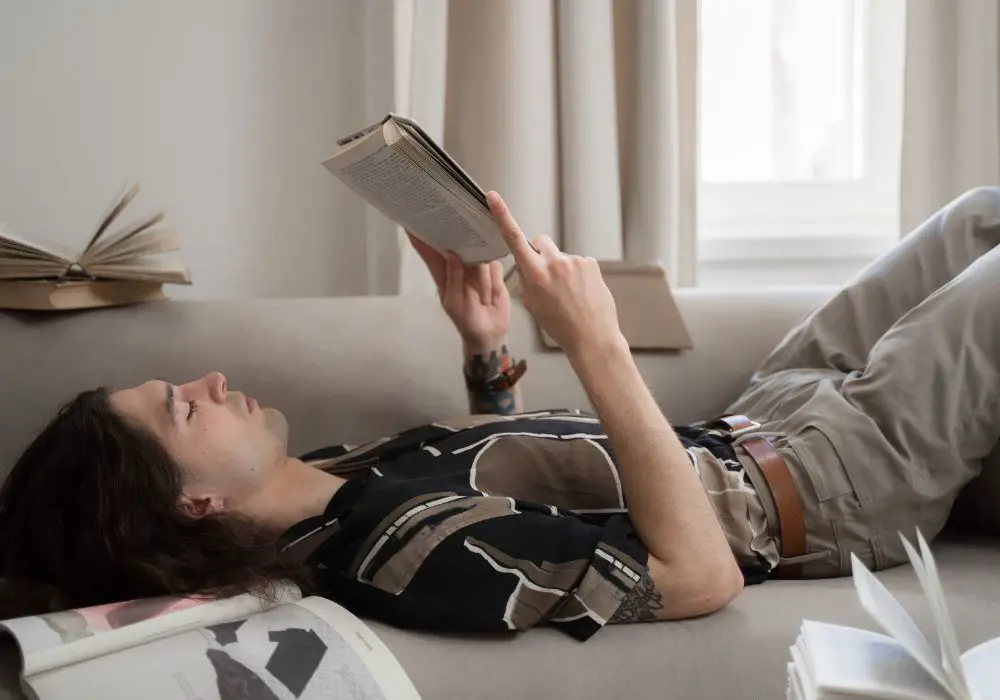
While some sensitivity upon lying down is normal for many, there are things you can try to prevent or reduce that uncomfortable weird feeling in your teeth:
- Allow time for circulation changes to stabilize before sleeping. Avoid tossing and turning repeatedly.
- Clear nasal and sinus congestion before bed with steam, hydration, antihistamines, or decongestants.
- Wear a custom nightguard if clenching/grinding is suspected, to protect teeth from pressure.
- Opt for breathable through your nose once settled in bed, rather than open-mouth breathing.
- Use pillows to prop head and torso up at an incline, reducing blood flow shifts.
- Apply warm compresses to cheeks near throbbing teeth to improve circulation.
- Sip cold water before bed to normalize mouth temperature before lying down.
- Have dental crowns, fillings, and bite adjusted by your dentist if higher than other teeth.
- Take pain medication before bed if you experience consistent discomfort when trying to sleep.
See your dentist promptly if you awaken with toothaches or the pain and sensations worsen over time. Let them know specific details like triggers and which teeth seem most affected. They can then investigate potential causes and recommend tailored treatment solutions. Getting to the source of the issue is key to resting easy.
Professional advice for persistent tooth pain when reclining
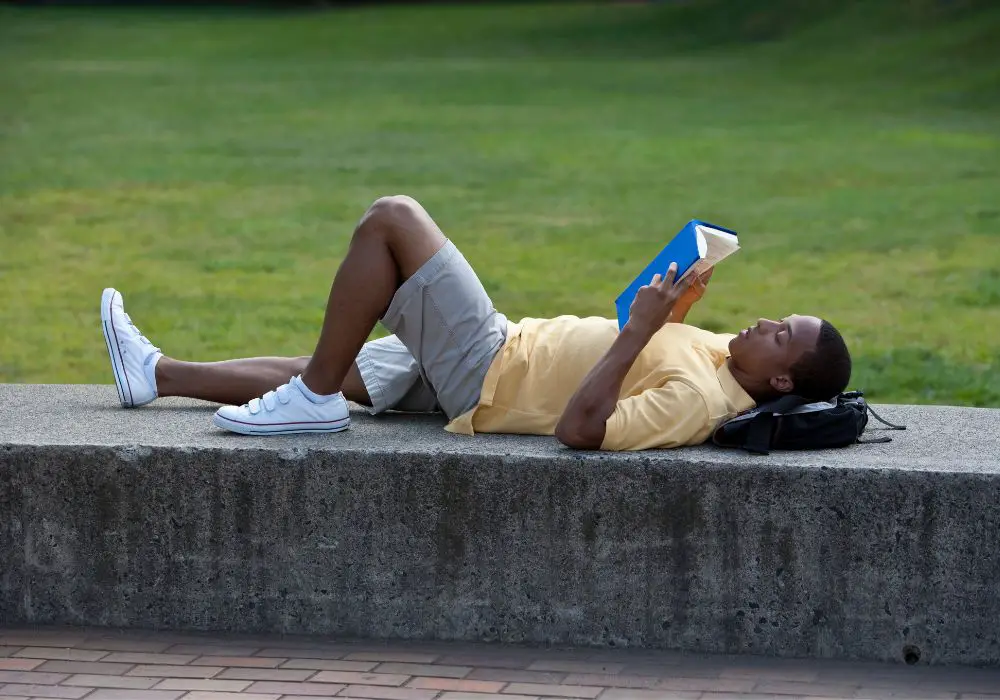
If you experience ongoing discomfort or tooth sensitivity when lying down to sleep or relax, schedule an appointment with your dentist right away. There are several signs it’s time for professional help:
- Discomfort that regularly interferes with your ability to fall asleep or stay asleep
- Tooth pain that intensifies when you lie down and lingers for more than 30 minutes
- Symptoms that continue despite trying dental guards, congestion medication, and other self-care
- Sensations focused on one or two specific teeth with no obvious cause
- Inspection reveals cracks, damage, or decay in the painful teeth
- Sleeping upright and propped on pillows does not relieve the symptoms
- Strange feelings accompany other symptoms like jaw clicking/popping, tooth grinding, or gum bleeding
During the exam, your dentist has a number of tools at their disposal to identify issues:
- Patient history – Asking in-depth questions about your symptoms, habits, health conditions and timeline. Be ready to describe sensations in detail.
- Visual exam – Checking teeth, gums, jaw joints, bite alignment and dental work for problems.
- X-rays – Looking for unseen issues like infections, joint arthritis, cysts, tooth damage below the gumline.
- Bite analysis – Placing thin strips between teeth to locate high spots and unevenness.
- Tooth vitality testing – Monitoring nerve reaction in problematic teeth.
- Palpation – Feeling jaw muscles and joints for tenderness indicating TMD/bruxism.
Once they determine the cause, your dentist will explain appropriate treatment options. Typical recommendations may include:
- Dental work replacement or adjustment to fix uneven bite surfaces
- Nightguards, bite splints, or TMJ therapy exercises for suspected grinding/clenching
- Root canal treatment for dental nerve inflammation and infection
- Tooth extraction if severe infection or non-restorable decay found
- Referral to an ENT specialist for ongoing severe sinus pressure issues
- Medications or dental pain management techniques
With professional insight, you can finally get comfortable and stop agonizing over “why does my tooth feel so weird?” every time you lie down. Instead, you’ll be ready to drift off pain-free and enjoy a good night’s sleep.
Frequently Asked Questions about Strange Tooth Sensations When Lying Down
Why do my teeth hurt when I lay down to sleep at night?
There are several possible reasons your teeth may hurt when you lie down in bed to sleep: sinus congestion and pressure on upper teeth; temperature changes from mouth breathing; blood circulation shifts going horizontal; dental problems like damage, uneven bite surfaces or infections; and jaw clenching or grinding.
Is it normal for teeth to feel sensitive when I lie down?
It’s very common to have some mild tooth sensitivity or odd sensations when initially lying down, due to factors like blood flow position changes. This should subside after a few minutes. If pain persists more than 30 minutes or worsens, see your dentist to determine the cause.
What does it mean if I have pain in one specific tooth when reclining?
Discomfort isolated to a single tooth when lying down likely indicates a problem with damage, decay or an old filling/crown in that tooth. Make an appointment with your dentist promptly so they can diagnose and resolve the issue, preventing escalation.
Why do my teeth suddenly ache at night time?
Sudden toothaches at night point to dental causes like a crack worsening, pulp inflammation, or bruxism placing excessive biting force on teeth. Sinus pressure building up in a horizontal position can also cause upper tooth discomfort at night. Seek dental treatment.
How can I stop teeth from hurting when I lie down to sleep?
Tips to minimize tooth discomfort when lying down include allowing time for circulation changes, clearing congestion with medication before bed, wearing a nightguard if grinding, keeping your mouth closed when settled, and using pillows to prop your head up slightly. See your dentist if symptoms persist.



